About Power Struggle

Power Struggle is a collaborative journalism project. It explores how energy poverty impacts communities around the world and investigates emerging solutions that take climate change into account. Our first project had a global scope: we selected fellows from around the world to share stories of energy poverty and innovation. For this second iteration of Power Struggle, we’re selecting fellows reporting on sub-Saharan Africa.
Why? Sub-Saharan Africa is the most energy-poor region in the world, with 13 per cent of the world’s population and only four per cent of its energy demand. In the past decade, sub-Saharan Africa’s economy has expanded rapidly and energy use has risen by 45 per cent. Projections forecast the continuation of this growth. Fast-forward to 2040: almost one billion people are projected to gain access to energy. But it’s not that simple. The population will increase too, meaning that without implementing solutions, 530 million people are expected to be without electricity access in 2040, especially those living in the region’s rural areas.
Take a look at some of the reporting on sub-Saharan Africa that came out of last year’s global fellowship.
The Access to Energy Journalism Fellowship
The Access to Energy Journalism Fellowship (AEJF) is a fellowship opportunity aimed at enabling deep, critical reporting on energy poverty globally. We selected four reporters who want to tell stories that are deeply rooted in people’s lived experiences in sub-Saharan Africa. These stories will shed light on how different countries in the region are grappling with energy issues in a time of climate change, and what that might mean for the future.
More on our first fellowship:
In the fall of 2015, Discourse Media awarded nine fellowships to journalists reporting from Kiribati, Zimbabwe, Cameroon, Nepal, Bangladesh, Romania, Mexico and Canada. Each fellow developed an original idea for a solutions journalism investigation about energy poverty in their region. Our partner media outlets included Inter Press Service, SciDev.Net, The Zimbabwean, The Independent (Bangladesh), Al Jazeera, Thomson Reuters Foundation, Republica (Nepal), The Tyee (Canada) and TVOntario. Reporting also appeared in the Guardian and the New York Times.
Meet our 2015/2016 fellows:
The AEJF awarded nine fellowships to journalists around the world to support their work investigating energy access in their region.

In Costa Rica and Mexico, will a geothermal experiment overcome the industry’s dark past?
@FabiolaOrtizRio
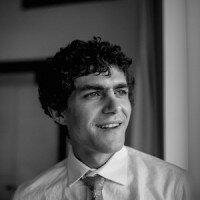
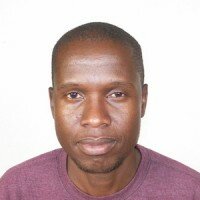
In Zimbabwe, a struggle between climate change and energy poverty
@mambondiyani
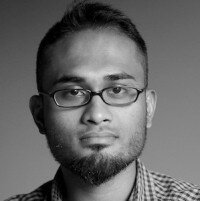
A solar revolution is bringing light and opportunity to the Bangladeshi countryside
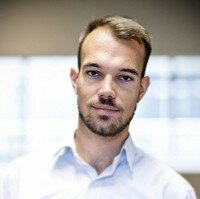
In Transylvania, energy poverty persists in the developed world
@FelixGaedtke
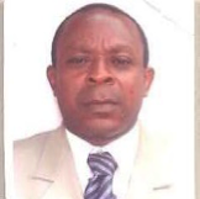
How solar energy is helping Cameroon tackle poverty
@ngalame
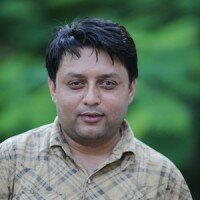
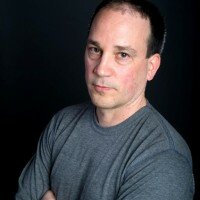
One northern Canadian town’s four-decade battle to ditch diesel
@C_Pollon
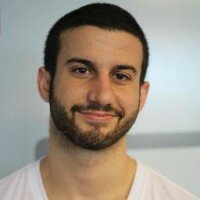
Why a northern Canadian community’s hopes for the future rest on one power line
@ebombicino
Get involved
We’d love to hear your stories. How are you impacted by the issues we’re reporting on? What solutions do you see? Who is inspiring you? Get in touch at [email protected]. Read this post to learn how we’re listening to communities.
About us
Discourse Media is an independent journalism company dedicated to in-depth reporting on complex issues facing Canada and the world. We are building a home for new approaches to storytelling that look beyond conflict-driven daily news cycles. We tell stories Canadians need in ways they can trust.
Discourse produces investigations, analysis and data journalism focused on matters
of public importance: gender, environment, education, urban development, the economy, politics, Indigenous issues and more. We look for gaps in reporting and pursue stories that have potential for impact.
Funding
Power Struggle and the Access to Energy Journalism Fellowship are produced and administered by Discourse Media with financial support from the Waterloo Global Science Initiative (WGSI). WGSI is a partnership between the Perimeter Institute for Theoretical Physics and the University of Waterloo. WGSI’s support does not imply endorsement of or influence over the content produced. Discourse adheres to journalistic ethical standards described in the Canadian Association of Journalists’ ethics guidelines.
Are you a funder interested in supporting collaborative solutions journalism and constructive dialogue about the future of energy (or another issue)? Get in touch at
